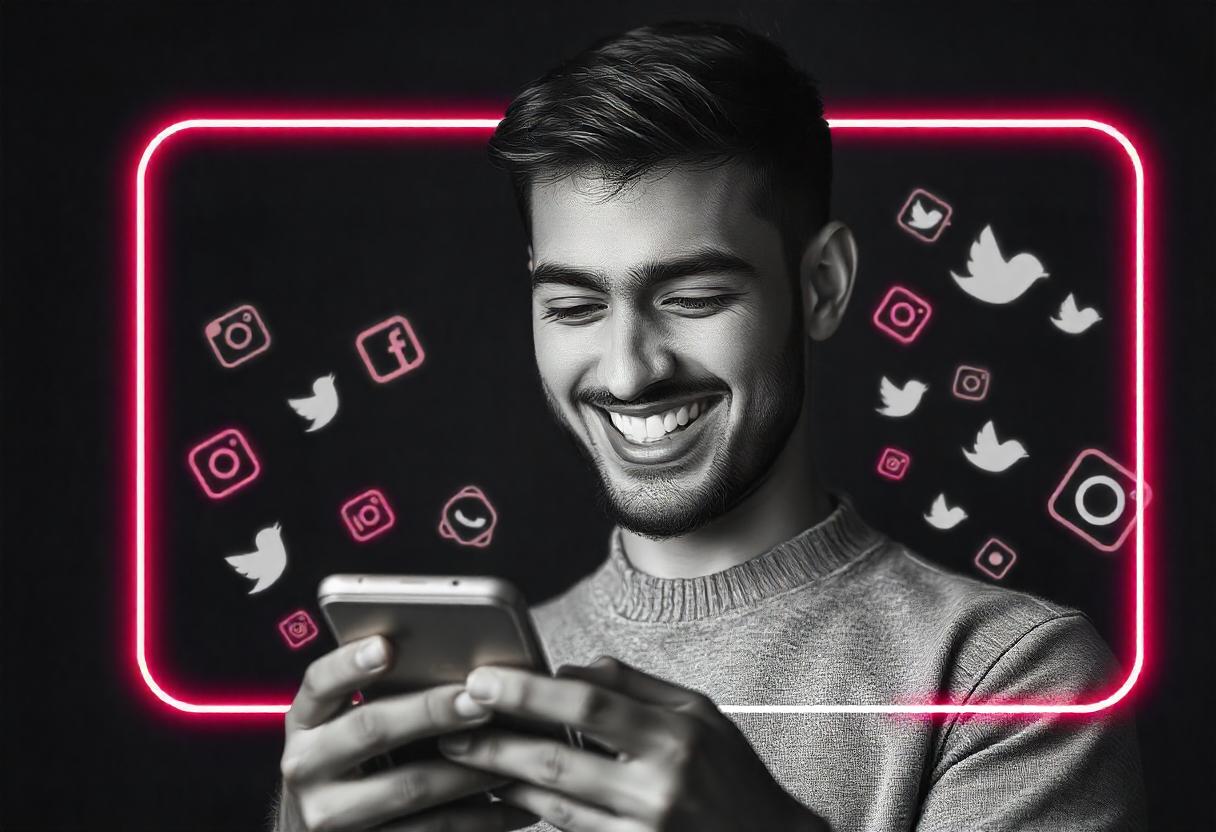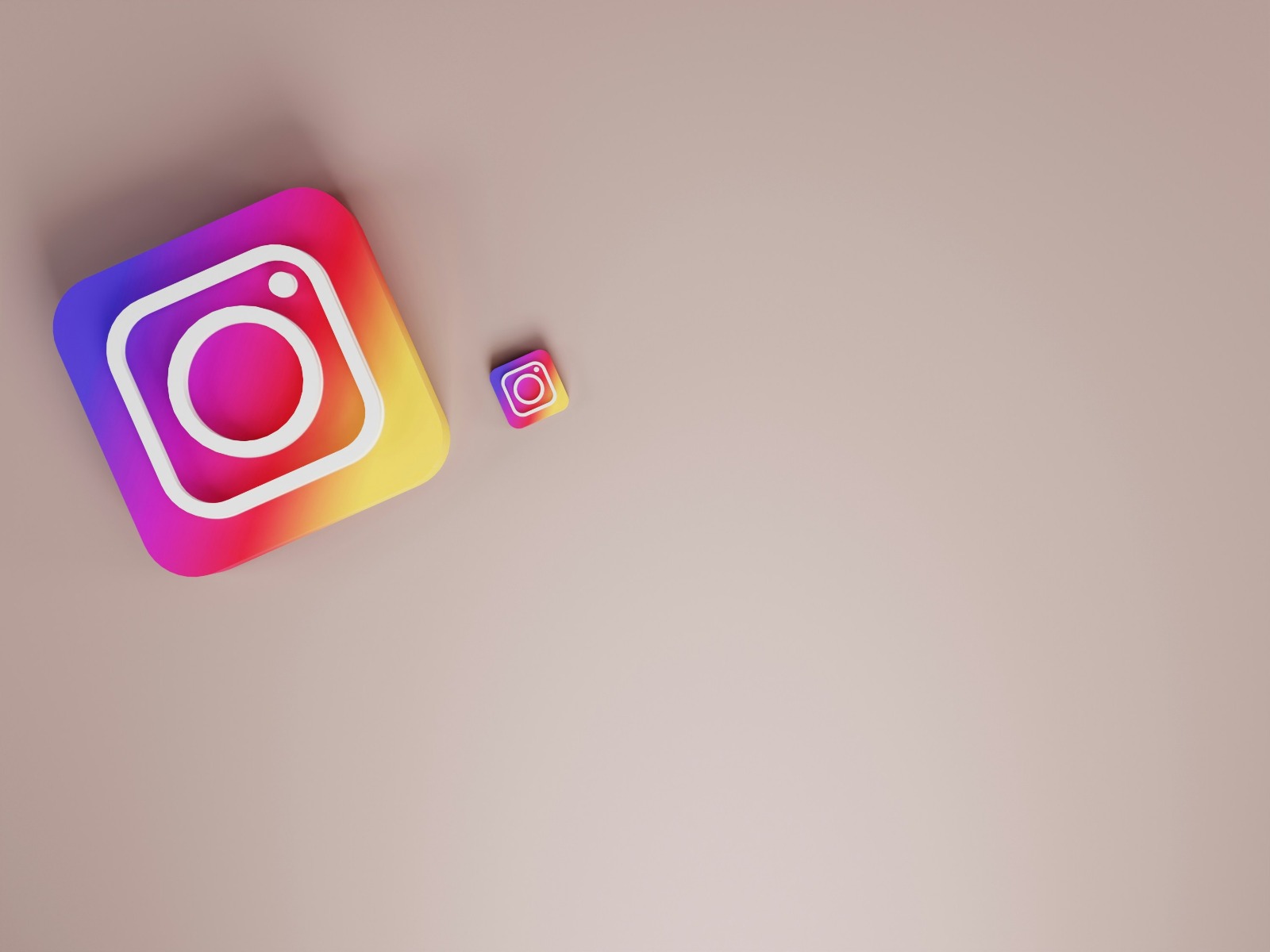
In today's world, technology is an integral part of our lives. From smartwatches to smart TVs, laptops, and smartphones, we rely on devices for work, entertainment, and staying connected. While technology has its benefits, it also has some negative effects on our sleep and mental health. Let’s explore how technology impacts us and how we can manage its effects.
The Link Between Screen Time and Sleep
Spending too much time on your phone or other devices, especially before bed, can disrupt your sleep. The blue light emitted from screens tricks our brain into thinking it's daytime, which suppresses melatonin—the hormone responsible for making us feel sleepy. As a result, we have trouble falling asleep, and the quality of our sleep decreases. Many people scroll through social media or watch videos in bed, unaware of the impact this habit has on their mental health.
Recent studies have shown that using phones before bedtime can disrupt the natural sleep cycle, making it harder to fall asleep and stay focused the next day. This problem affects both children and adults, and it's particularly concerning for children whose brains are still developing. It’s important to educate them about the negative effects of screen time on sleep.
How Technology Causes Anxiety
Technology also plays a significant role in increasing anxiety and stress. The constant stream of notifications, messages, and updates can make us feel like we need to respond immediately, leading to mental exhaustion. Social media, in particular, can be a source of anxiety. Seeing other people’s seemingly perfect lives can trigger feelings of inadequacy and the fear of missing out (FOMO). This anxiety drives us to check our phones constantly, further contributing to stress and reducing our ability to relax.
Signs You Are Using Technology Too Much
If you're experiencing any of the following signs, you might be using technology too much:
-
Difficulty falling asleep at night
-
Constant anxiety and stress
-
Checking your phone before bed
-
Struggling to focus or communicate effectively
-
Spending excessive time on social media
Beyond affecting sleep and mental health, excessive use of technology can impact brain function and productivity. Constant notifications and multitasking make it hard to concentrate. Studies have shown that people who frequently switch tasks have lower efficiency and struggle with memory. At work, digital distractions can reduce productivity and increase burnout. Setting boundaries around screen time can help improve focus and concentration.
Positive Technology for Sleep and Mental Health
While technology can negatively impact sleep, it can also be used to improve it. There are apps designed to help you sleep better, such as sleep tracking apps, meditation apps, and white noise machines.
-
Sleep Tracking Apps: These apps monitor your sleep and offer suggestions to improve your sleep schedule.
-
Meditation Apps: Apps like Calm or Headspace offer guided meditations that help calm the mind before bed, contributing to a healthier sleep cycle.
-
White Noise Machines: These devices can help cancel out background noise and create a more peaceful environment, making it easier to fall asleep.
By using these tools mindfully, you can take advantage of the positive aspects of technology while avoiding its negative effects.
Conclusion
Technology has undoubtedly changed the way we live, but overusing it can harm our sleep patterns and mental health. While digital tools are essential, excessive use can lead to sleep problems, anxiety, and decreased brain function. The good news is that with the right strategies and apps, we can use technology in a way that promotes better sleep and overall mental well-being.
Finding a balance between digital and real-world experiences is key to leading a healthier, happier life. By reducing screen time, taking digital detoxes, and building healthier habits, we can avoid the negative impacts of technology. If this blog has helped you gain a new perspective, please share it with your loved ones.
Asif Bc
Aspiring blogger in Kerala sharing insights on technology and mental health to inspire mindful living.



.jpg)
0 Comments